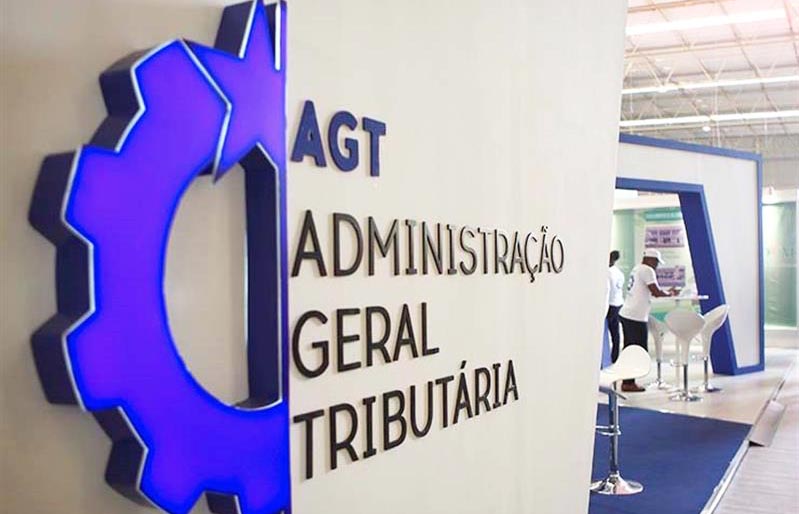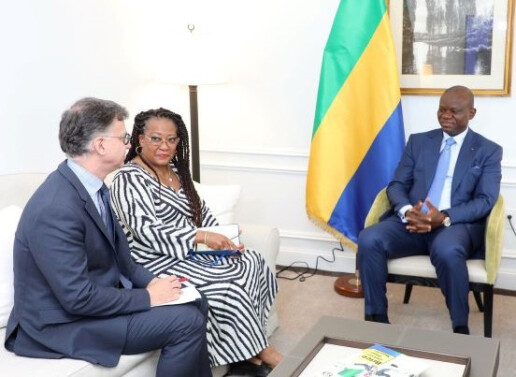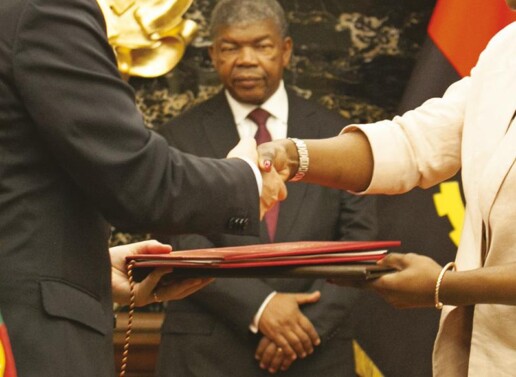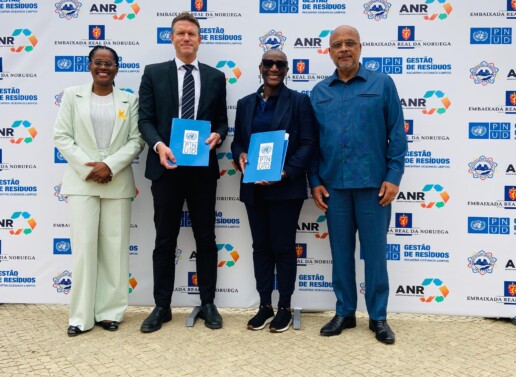Hundreds of companies are going bankrupt in Angola, and thousands of young people are losing their jobs. Business owners say the government has not paid for services rendered to the state for over a year.
Cuanza Norte, Malanje, and Icolo e Bengo are the Angolan provinces where Manuel Gonga, a small businessman in the fields of hospital assistance, pharmaceutical supply, and automotive maintenance and repair, has been operating since 2015.
According to the entrepreneur, the lack of payment for services provided to the government forced him to shut down his business and lay off most of his nearly 50 employees, keeping only 12.
But there’s more. The demands of the General Tax Administration (AGT) are another burden on companies, explains Manuel Gonga. “This is causing many companies to close down, and the AGT doesn’t help—they just want to fine. Many companies end up closing just to slap the AGT in the face, so they can see there’s nothing left to collect, since I’ve already shut down and I can’t keep going,” he says.
Schools Are Also Lacking Funds
Miguel Tete Neto, the provincial coordinator of the civil society organizations’ conferences in the Angolan province of Uíge, also confirms to DW that state institutions are lacking funds, especially schools.
In this case, it’s the parents who end up having to buy supplies for their children. “In many public schools, suppliers have disappeared; they no longer have the capacity to supply even reams of paper,” reports Miguzel Neto.
“For example, many parents were forced to buy A4 sheets and give them to their children so they could take exams at school. But they say school is free—and primary education is not free, because the schools have no funds,” the coordinator laments.
However, both Manuel Gonga and Miguel Tete Neto report that payment orders are being made—but only to a select few. “I heard from a fellow entrepreneur that some are being bribed,” says the former. “The owner of the country—that is, the State—has not paid any payment orders, except for those chosen, their friends,” adds Neto.
In a statement to DW Africa, Carlos Rosado de Carvalho, an Economics professor at the Catholic University of Angola, says that the non-payment to private companies providing services to the state has been a major issue since Angola made commitments to the International Monetary Fund (IMF).
“One of the usual conditions the Fund imposes is that the State starts settling overdue invoices and avoids accumulating further arrears,” he notes.
DW contacted Angola’s Ministry of Finance but received no response.
DW, 04/09/2025







